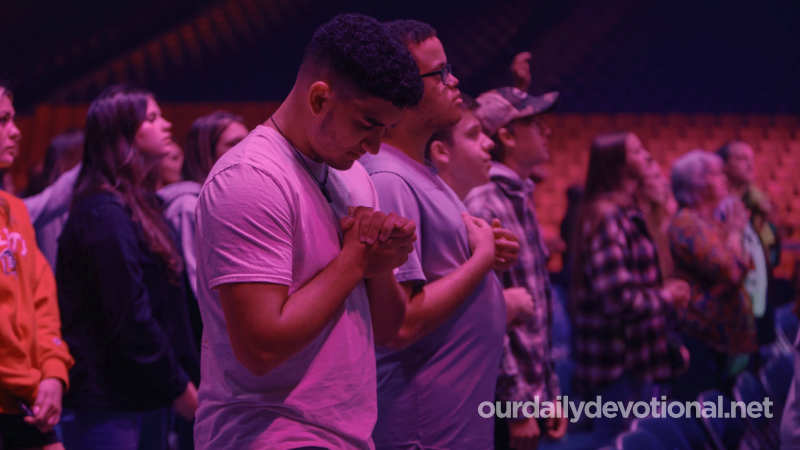A testimony, or true proof of a fact, could be:
(a) A visible sign, sometimes a pile of stones, of a covenant whose memory was intended to be perpetuated (Gen. 31:46-52).
(b) The testimony of people who are asked to witness a transaction (Gen. 23: 10-18).
(c) The letter that served as a document, such as, p. e.g., in the act of repudiation (Deut. 24:1, 3; Jer. 32:10).
The precepts of the Lord are also called "testimony" (Deut. 4:45; 2 Kings 11:12), and also certain objects that testify to his presence, such as the ark (Ex. 25:22). .
Isaiah gives the name of testimony (oracle) to his teaching (Is. 8:16), to the altar erected in Egypt by order of God (Is. 19:20), and to the book that has relation to the future (Is. . 30:8).
Jesus frequently spoke of the testimony that He gave and gives to the truth, confirmed by the Father and the Scriptures (John 3:11, 33; 5:31-39; 7:7; 8:13-18; 18:37 ). The Holy Spirit bears witness to Jesus (John 15:26).
By giving the Holy Spirit to the Gentiles, God testified that he admitted them into the Church (Acts 15:8). Long before, God had borne witness to certain people, revealing Himself to them and blessing them (Heb. 11:2-39).
The Law of Moses stipulated that the deposition of a single testimony was not sufficient to apply capital punishment (Num. 35:30; Deut. 17:6; Heb. 10:28; cf. 1 Kings 21:10, 13 ; Mt. 26:60). This principle governed all Hebrew jurisprudence (Deut. 19:15).
The Law of Moses excluded torture, which pagans practiced to elicit confessions. Before questioning a witness, he was conjured to tell the whole truth; If he hid something, he was left with the burden of its sin (Lev. 5:1; Prov. 29:4).
The Decalogue condemned false testimony (Ex. 20:16). false witnesses had to suffer the penalty they wanted to inflict on the unjustly accused person (Deut. 19:16, 19). The witnesses took part in the execution (see STONE-STING).
Josephus states that the Law of Moses did not authorize women or children to testify. The Law contains no formal order in this regard, but Josephus's statement seems plausible, since witnesses had to attend the execution.
The obligation to have two witnesses is an excellent principle, susceptible to numerous applications (Is. 8:2; Mt. 17:1, 2; 18:16; Jn. 8, 17, 18; 1 Tim. 5:19).
The multiple witnesses can be noted in the establishment of our spiritual certainty (cf. Jn. 5:31-39). Those who, despite dangers and distress, bear witness that the Word of God is true are witnesses in the highest sense of the term (Heb. chapters 10, 11; 12:1).
The term gr. "martyr" (witness) designated the confessors of the faith who shed their blood as a seal to their testimony, such as Stephen and Antipas (Acts 22:20; Rev. 2:13).
Meaning of WITNESS, TESTIMONY
A testimony, or true proof of a fact, could be:
(a) A visible sign, sometimes a pile of stones, of a covenant whose memory was intended to be perpetuated (Gen. 31:46-52).







